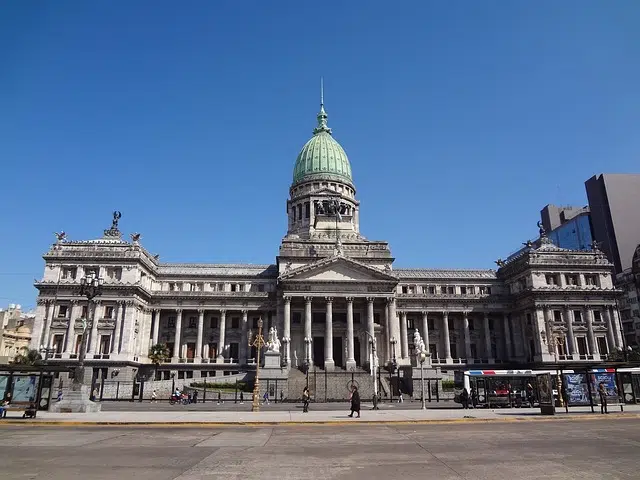
The public budget is the estimate of the expenses of a State power for a certain period.
Before entering fully into determining the meaning of public budget , it is necessary to make clear the etymological origin of the two words that give it shape. In this sense, we can say that both come from Latin:
-Budget derives from the sum of the prefix “pre-” and the noun “supposed”. The latter is made up of “sub-”, which means “below”, and “positus”, which is equivalent to “position”.
-Public, on the other hand, emanates from the Latin term “publicus”, which in turn derives from “populus”, which is synonymous with “people”.
What is the public budget
A budget is an estimate of an expense that must be incurred to do something . This is an estimated calculation regarding the money that a certain activity or the completion of a project will involve.
Public, on the other hand, is something evident or visible, that all people are able to know. The notion is also used to name what belongs to a community or the State , the idea being the opposite of what is private.
It is known as a public budget , therefore, the estimate of expenses of a state power for a given period . This document mentions the amount of expenses that the State plans to assume and the income it expects to obtain in the financial year in question.
The preparation of the public budget is regulated by law . In this way, it is expected that the government in power cannot commit abuses with public money. The budget must also be approved by Congress .

The public budget is prepared by the Executive Branch and approved by Congress.
Its principles
As a general rule, every public budget is based on a series of principles, among which we would highlight the following:
-Principle of publicity, which means that it must be available to every citizen for consultation and knowledge.
-Principle of universality, which determines that it must contain all the income and expenses of the State.
-Principle of popular competition, which makes it clear that it is the people, in whom national sovereignty resides, who, among other things, must establish the payment of the State.
-Principle of specialty, which makes it clear that the amounts established in it must be directed exactly to the objectives that appear in it.
Income and expenditure of the public budget
The income section is usually made up of three clearly delimited blocks: capital resources, current income and initial availability. For its part, expenses are made up of elements such as investment, operation, debt service or final availability.
The public budget, ultimately, represents a forecast of the income that the State will receive and a limit on the expenses it intends to make. The income provided for in the budget will come from taxes , fees and other resources established by the tax law, while expenses will be made in investments and services for the benefit of the community.
The preparation of the public budget depends on the Executive Branch . Once prepared, it is sent to Congress for approval. With the public budget already approved, its control will begin through the competent organizations, which will be in charge of supervising whether the money is spent as established in the document discussed by Congress.
